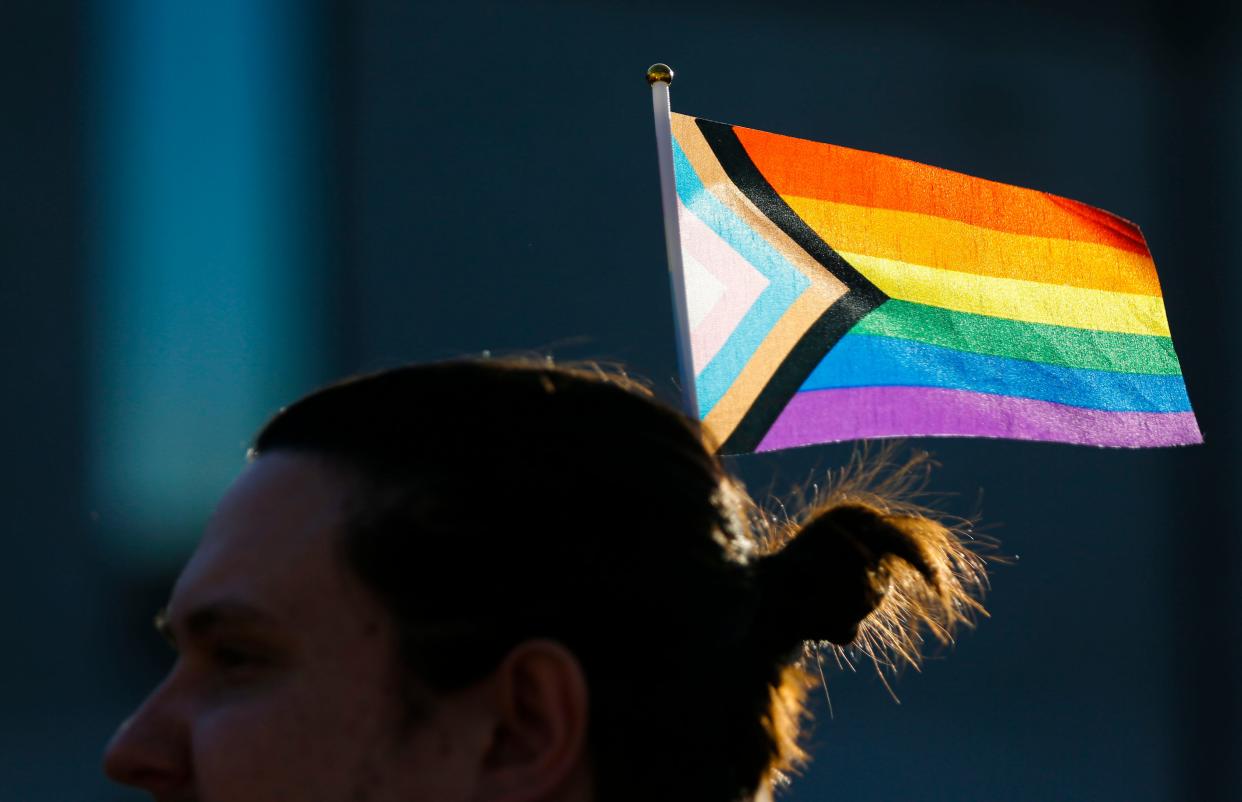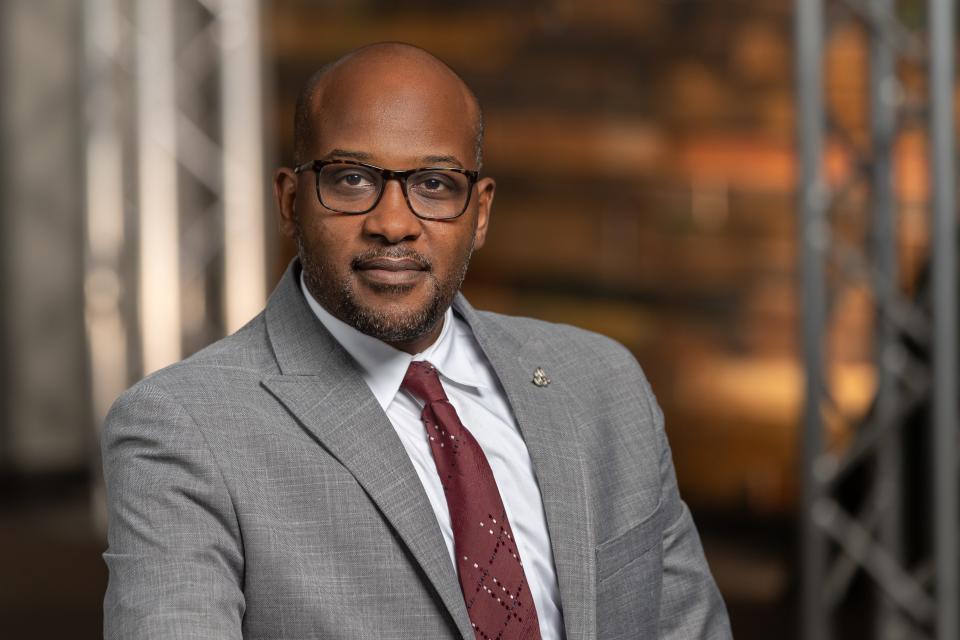Springfield scores better than last year on LGBTQ equality, still lags behind state

Springfield continues to lag behind St. Louis, Kansas City and Columbia when it comes to LGBTQ+ equality. The newest Municipal Equality Index conducted by the Human Rights Campaign scored Springfield at 61 out of 100 points.
The index considers non-discrimination laws, municipal services, law enforcement, leadership on LGBTQ+ issues and the municipality as an employer to determine how inclusive the city is for LGBTQ+ folks who live and work there from a municipal standpoint. In Missouri, eight cities are surveyed.
While this year's score of 61 is an eight-point improvement from last year's score of 53 for Springfield, the city only outranks Jefferson City, Independence and Cape Girardeau, and still comes in below the state average of 64 and the national score of 71.
"We are definitely you know, taking steps in the right direction," Melisabeth Johnston, program and communication director for PFLAG SWMO, said. "But I would not call Springfield's score a passing score."
Non-discrimination laws in the city
Springfield scored zero points in the non-discrimination laws category as the city, county and state currently do not include an explicit policy prohibiting discrimination based on gender identity and sexual orientation in employment, housing and public accommodation.
Even so, the topic of non-discrimination laws has not been an unfamiliar one in Springfield. The city's Sexual Orientation and Gender Identity ordinance, known as SOGI for short, was put in place by Springfield City Council in 2014. However, after a mere six months, SOGI was repealed by voters by a narrow margin.
Johnston said the need for non-discrimination laws should be prioritized in order to make Springfield a place where people want to live.
"We really don't believe that protection from discrimination should depend on your ZIP code, or on the hope that someone else is a person of goodwill," she said.
This summer, council passed a resolution affirming its support for the LGBTQ+ community, with only Councilman Derek Lee dissenting. While the resolution includes the council denouncing discrimination and exclusion experienced by LGBTQ+ individuals, it is not an ordinance that prohibits it.
"As much as I do think that it sends a message to our community that there are people here who want us here and who value us as valued members of the community," Johnston said, "a resolution is not policy and what we need is policy change."
Working internally
Taj Suleyman, director of the city's Diversity, Equality and Inclusion Office, said because the department is only two years old, much of the initial works has been focused internally — on professional development, DEI trainings and support for employees. He said that while DEI and other departments support community events that further goals of inclusiveness and diversity, directly addressing community issues is outside of their capacity, including non-discrimination legislation.
"We're not as involved in the community matters as other offices and departments, whether in the nation or other states or other municipalities, because of our capacity, so we're focusing more internally on the practices that already exist," Suleyman said.

The Municipal Equality Index is a surface-level capture of the "bare-minimum work" being done, he said. In the next year, Suleyman said his goal is to make more direct connections with organizations in the community that are already doing the work and seeking their expertise on how to best support the community with a focused lens.
"I need to have some context and then I can come and have maybe direct questions, more productive questions, rather than something that lacks an outcome or lacks authenticity, if you will, in building those connections," he said.
More: LGBT History Month was founded by a Missouri educator in 1994. Here's his story.
In September, Suleyman met with Kansas City's LGBTQ Commission to discuss the Municipal Equality Index and how Kansas City has achieved a perfect score. He said the conversation resulted in the understanding that while there are similarities within LGBTQ+ matters in both cities, the two are different in size and needs.
Top points in two categories
According to the report, Springfield did score all the points possible in the law enforcement category, which takes into account reporting hate crime statistics to the Federal Bureau of Investigation and having a task force or LGBTQ liaison on the police department.
The city also received all the standard points for leadership on LGBTQ+ equality. The category examines the city's leadership on pro-equality legislation and policy efforts as well as their public stance on LGBTQ+ equality, with the passage of the council's resolution a likely contributor.
More: 'We want you to feel welcome' —Springfield City council affirms support for LGBTQ community
Johnston credited the work of multiple community organizations for the rise in the score and is staying hopeful for Springfield to score the full 100 points in future years.
"It will take our whole community coming together and saying 'Yeah, we want to lead with love, and we want to be a place where everybody feels like they belong and feels, not only that they're not discriminated against, but that they're welcomed, that they are wanted and they are celebrated,'" she said.
Marta Mieze covers local government at the News-Leader. Contact her with tips at mmieze@news-leader.com.
This article originally appeared on Springfield News-Leader: Springfield's LGBTQ equality score rises, still behind ideal

